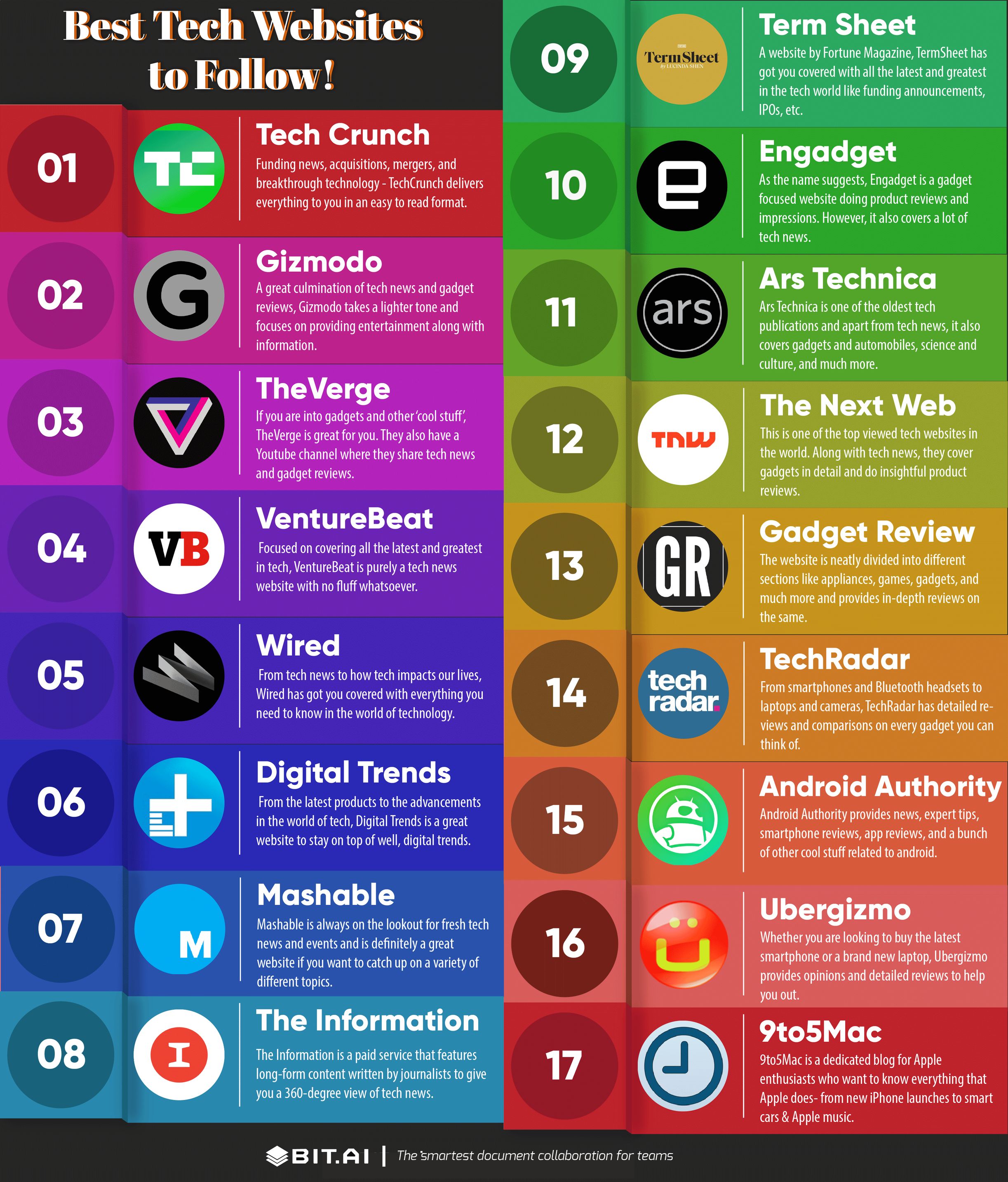Enhance Your Knowledge with the Best tech blog Featuring Industry Professionals
Enhance Your Knowledge with the Best tech blog Featuring Industry Professionals
Blog Article
How Blockchain Modern Technology Is Revolutionizing Information Safety And Security
Blockchain technology is essentially changing the landscape of information protection by presenting a decentralized structure that promises improved openness and durability. Unlike traditional systems, which depend on central information databases, blockchain distributes data across a network, reducing vulnerabilities and solitary factors of failing. The use of sophisticated cryptographic techniques makes certain that information continues to be tamper-proof, promoting count on amongst stakeholders and customers.
The Fundamentals of Blockchain
Blockchain innovation, a revolutionary principle in electronic information administration, basically changes exactly how details is kept and protected. At its core, a blockchain is a distributed journal that videotapes purchases across a network of computer systems, ensuring openness and immutability. The technology operates a chain of blocks, each containing a list of purchases. Once a block is loaded, it is time-stamped and linked to the previous block, producing a sequential chain.
Trick to understanding blockchain is the hashing procedure, which encrypts deal data into a special alphanumeric code. This cryptographic feature makes certain that any alteration in the transaction information causes a totally different hash, thus securing versus tampering. The agreement device, an additional crucial component, validates and verifies new purchases with a network of nodes, consequently eliminating the demand for a central authority.
Moreover, blockchain's append-only framework ensures that data, when added, can not be removed or altered. This characteristic warranties a verifiable and long-term document of deals, cultivating count on among individuals. Because of this, blockchain provides a durable framework for information stability, using sectors a trusted technique for monitoring and managing digital info in a safe and secure, transparent fashion.
Decentralization and Safety
Decentralization, a core concept of blockchain innovation, substantially improves data safety and security by dispersing control across a network instead than depending on a particular, centralized entity. By spreading information across many nodes, blockchain ensures that also if one node is compromised, the entire network remains safe and secure.

Each individual in the network has access to the whole blockchain, permitting them to verify and audit deals independently. On the whole, decentralization is instrumental in enhancing information protection in blockchain networks.

Cryptographic Methods
At the heart of blockchain technology, cryptographic techniques play a pivotal function in securing information, making certain both confidentiality and stability. These strategies are fundamental to the blockchain's capability to safely tape deals in a decentralized fashion. Cryptography in blockchain utilizes a mix of uneven and symmetrical formulas to secure information, making it obtainable only to authorized parties - Best tech blog. Public and private crucial pairs are main to this procedure, enabling for safe verification and identification verification without exposing delicate information.
Hash functions are another crucial part, changing input data right into a fixed-size string of characters, efficiently creating an unique electronic finger print for each block. This ensures that any type of effort to change the data will certainly lead to a completely different hash, thus keeping the immutability of the blockchain. Additionally, digital trademarks verify the credibility and stability of transactions, providing a layer of non-repudiation.
The decentralized nature of blockchain, incorporated with robust cryptographic strategies, removes the need for middlemans, reducing possible vulnerabilities. As blockchain modern technology develops, advancements click here for more info in cryptography such as zero-knowledge evidence and homomorphic encryption remain to improve security procedures, further strengthening data security in this revolutionary electronic ledger system.
Use Instances Across Industries

In the medical care sector, blockchain makes certain the safe and secure storage space and sharing of person documents, advertising interoperability while protecting delicate information from unapproved accessibility. This technology equips people with control over their case history and facilitates smooth control among health care companies.
Supply chain administration advantages dramatically from blockchain's unalterable journal, which makes sure traceability and authenticity of items from beginning to consumer. By improving transparency, blockchain helps minimize problems such as counterfeiting and dishonest sourcing.
In addition, blockchain's decentralized nature is improving the power industry by enabling peer-to-peer power trading, where customers can deal excess sustainable power directly. This promotes a much more sustainable and reliable energy environment.
In the realm of intellectual home, blockchain supplies a tamper-proof platform for creators to register and shield their jobs, guaranteeing rightful acknowledgment and fair settlement. These varied use situations underline blockchain's duty as a critical pressure in redefining data protection across sectors.
Future of Data Security
As we aim to the future of data defense, blockchain technology is poised to play a crucial duty in securing digital details. With its decentralized and immutable qualities, blockchain uses navigate to this site a durable framework for protecting sensitive data versus unauthorized access and cyber threats. This modern technology guarantees that when information is recorded, it is nearly impossible to change without discovery, hence supplying a substantial advantage over conventional data storage methods.
The combination of blockchain with various other innovative modern technologies, such as expert system and the Net of Points (IoT), is anticipated to boost information defense strategies further. By leveraging smart contracts, companies can enforce and automate security methods, reducing human mistake and increasing efficiency. Additionally, blockchain's ability to offer transparent and traceable transactions will bolster trust fund and responsibility in data administration methods.
As governing landscapes progress, blockchain's compliance-friendly nature will become increasingly relevant. It can help companies meet rigorous data defense laws, such as the General Data Defense Policy (GDPR) and the California Consumer Personal Privacy Act (CCPA), by giving proven records of data processing tasks. Eventually, blockchain's special features position it as a transformative tool in the recurring pursuit to protect the digital world versus ever-evolving cyber risks.
Conclusion
Blockchain modern technology stands for a paradigm shift in information safety and security by leveraging decentralization and cryptographic methods to improve openness, count on, and information honesty. As cyber risks advance, blockchain arises as a vital tool for robust data protection throughout various sectors.
Blockchain innovation is essentially modifying the landscape of data protection by introducing a decentralized framework that assures boosted openness and durability. Unlike conventional systems, which rely on central data repositories, blockchain disperses data across a network, minimizing vulnerabilities and solitary factors of failure.Decentralization, a core principle of blockchain innovation, substantially improves information protection by dispersing control across a network rather than counting on a single, centralized entity.At the heart of blockchain technology, cryptographic methods play a pivotal role in guarding information, making certain both discretion and stability.Blockchain innovation represents a paradigm shift in data security by leveraging decentralization and cryptographic methods to improve openness, count on, and information integrity.
Report this page